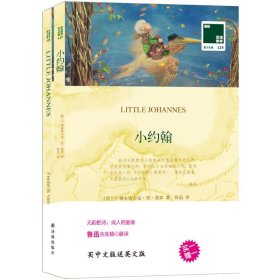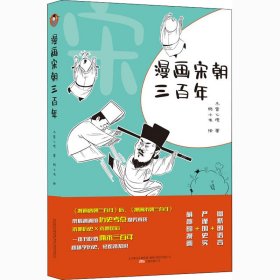
如何提高词汇教学成效(剑桥英语课堂教学系列)
正版新书 新华官方库房直发 可开电子发票
¥ 19.65 7.3折 ¥ 26.9 全新
库存23件
江苏南京
认证卖家担保交易快速发货售后保障
作者(英)盖恩,(英)雷德曼 著
出版社外语教学与研究出版社
ISBN9787560088570
出版时间2009-10
版次1
装帧平装
开本16开
纸张胶版纸
定价26.9元
货号SC:9787560088570
上书时间2024-10-30
- 在售商品 暂无
- 平均发货时间 15小时
- 好评率 暂无
- 最新上架
商品详情
- 品相描述:全新
- 全新正版 提供发票
- 商品描述
-
内容简介:
词汇学习是英语学习的必修课。本书是为英语教师准备的词汇教学实用手册,提供了各种操作性极强的词汇教学活动,篇幅达七十余页,适用于各个学习阶段的学生。同时,书中还深入浅出地介绍了有关词汇教学的语言学及心理学理论,作为对上述词汇教学活动的理论支撑,使英语教师可以更加得心应手地组织词汇教学活动,可谓理论与实践相结合的典范之作。
摘要:
Many of the remarks we made about semantically opaque multi-wordverbs will also be true of idioms. There is no sense in grouping themtogether on the basis of the individual words as they normally give littleindication of the sense of the unit; and idioms rarely come in sufficientnumbers at respective levels to warrant being a self-contained lexicalset. In other words, they should be treated as individual items, taughtas they arise, and emphasised according to their usefulness. Some students develop an immense appetite and enthusiasm foridioms, but often for less useful types of idiom e.g. a wolf in sheep'sclothing. When this happens teachers should try to channel this enthu-siasm into learning idioms that are useful; and in deciding what is useful,it is worth considering whether an idiom can be incorporated into thestudents' productive vocabulary without seeming incongruous alongsidethe rest of their language. Certain native speakers might 'get the ballrolling', but few foreign learners could carry off this idiom without sound-ing faintly ridiculous. The following activity is highly subjective but it might be interestingto compare your answers with your colleagues.
……
目录:
Acknowledgements
Preface
PART A WORDS:THEIR MEANIGS AND FORMS
1 Language awareness activities
2 Words and their meanings
2.1 Conceptual meanin9
2.2 Affective meanin9
2.3 Style,register and dialect
2.4 Sense relations
2.4.1 Synonymy
2.4.2 Hyponymy
2.4.3 Antonymy
2.4.4 0ther types of relations
2.4.5 Translation equivalents
2.5 Multi.word verbs
2.6 Idioms
2.7 Collocation
...
— 没有更多了 —












以下为对购买帮助不大的评价